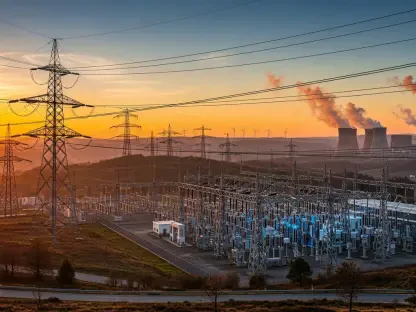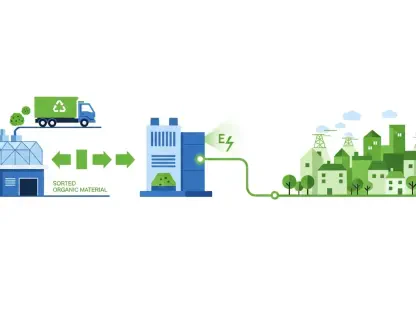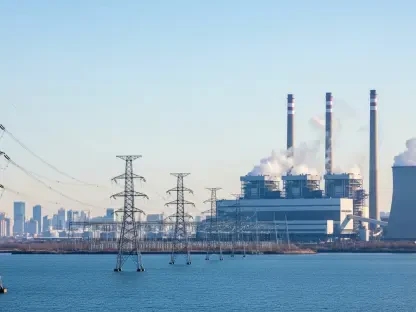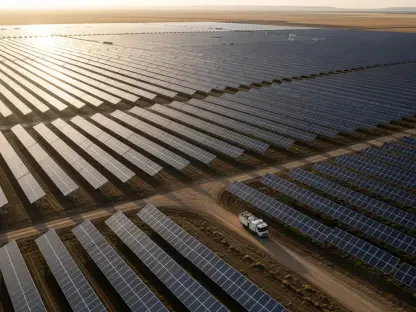The global oil industry is witnessing seismic shifts, with India’s strategic maneuvers capturing considerable attention. As the world’s third-largest oil importer and consumer, India plays a pivotal role. Understanding crude oil processing trends is becoming increasingly crucial as economic landscapes transform. This article delves into the current processing trends within India, highlighting recent data, providing expert insights, and offering a glimpse into future predictions.
Current Trends in Crude Oil Processing
Data on Processing Shifts
India’s recent crude oil processing figures indicate a moderate uptick, marking a 0.4% rise in refinery throughput as of May. Refineries processed an impressive 5.47 million barrels per day, attributed to provisional government data. This rise correlates with peak crude imports, reaching 23.32 million metric tons, illustrating the country’s resilient demand for refined products. A dominant theme is the steady growth of India’s domestic fuel consumption combined with net exports.
Strategic Reconfigurations and Effects
A noteworthy development within India’s oil sector is the noticeable reduction in Russian oil purchases by 15.7% as of May. This statistic reflects strategic shifts in oil-importing strategies, driven by changing political and economic pressures. Furthermore, the temporary shutdown of Mangalore Refinery and Petrochemicals Ltd’s crude distillation unit leads to alterations in refinery throughput capacities, impacting both production and exports in tangible ways.
Expert Insights and Industry Perspectives
Giovanni Staunovo’s Observations
Industry analyst Giovanni Staunovo provides critical observations on the fluctuating domestic fuel demand and corresponding export trends. The modest growth in refinery operations results from nuanced domestic consumption dynamics, alongside a reduction in refined product exports compared to previous periods. Staunovo’s insights underscore the adaptive strategies employed in refining to accommodate fluctuating market conditions.
Technical Hurdles and Industry Adaptations
Technical challenges within India’s refining sector come into sharper focus with the permanent decommissioning of CPCL’s CBR refinery. Technical constraints necessitate this move, illustrating broader challenges faced by Indian refineries. Such adjustments highlight the continual evolution of India’s refining strategies as stakeholders navigate technical and operational complexities.
Envisioning Future Trends in Processing
India’s Refining Prospects
As global oil market volatility persists, India’s refining sector is poised for significant developments. Future processing trends are expected to be influenced profoundly by changing global oil price dynamics and national energy policies. Anticipated advancements suggest increased focus on refining efficiency and technological innovation to sustain India’s production and consumption momentum.
Challenges Facing Related Industries
Potential obstacles within India’s oil landscape include notable impacts on import and export fluxes. Evolving geopolitical considerations and technological shifts may exert pressure on refining operations. Industries reliant on refined products could experience a ripple effect, prompting strategic re-evaluations, underscoring the need for resilience.
Summary
The trend analysis presented illustrates India’s crude oil processing landscape and its evolving dynamics. Data highlights moderate increases in processing capacities, driven by strategic import adjustments and technical interventions. Staying informed on India’s refining strategies is paramount as stakeholders strive to adapt and innovate in response to the global oil market’s ever-changing dynamics. The industry is urged to prepare for challenges and seize opportunities, ensuring stability and growth in the years ahead.









